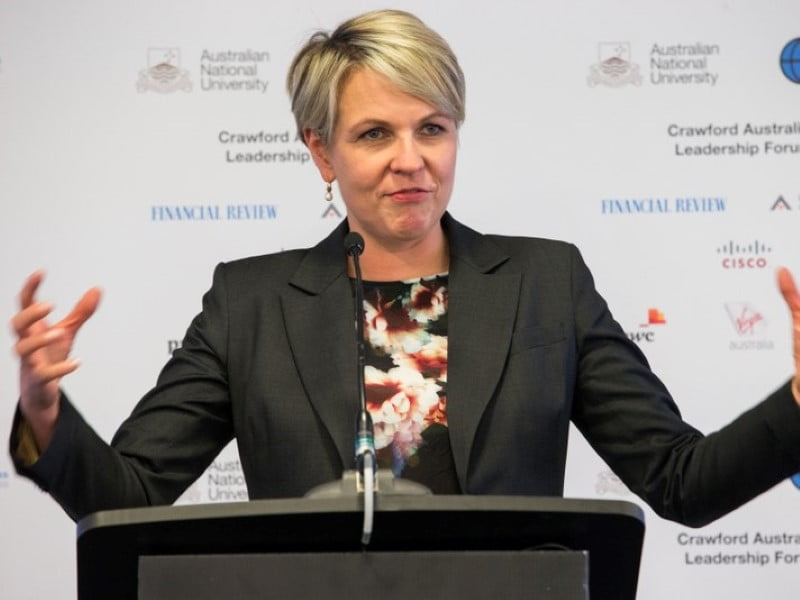School-aged children will be able to obtain a “digital licence” which gives them the skills to use the internet safely, under an election commitment from the federal Opposition.
Labor on Monday announced it would support the national rollout of two digital skills programs already developed by the Alannah and Madeline Foundation (AMF), if it wins the upcoming election.
The first program is a Smart Digital Licence+ for 10-14 year olds and is akin to “the pen licence for the digital age,” according to Shadow Minister for Education Tanya Plibersek. The second program is an eSmart Media Literacy Lab that will be available to secondary students.
Introducing a digital literacy program in schools was a recommendation made in a 2019 report published by the Australian Competition and Consumer Commission.
Labor has criticised the government’s lack of support for a such a program at a national level following this report, with access to literacy programs currently limited to schools which can afford it or which have philanthropic support.

Licence+ is billed as an online learning experience that is supposed to build general digital intelligence, while the Literacy Lab is a gamified resource for teaching media literacy.
The party will invest $6 million over three years to complete development of a junior License+ and to fund the rollout of the program. This policy builds on a similar one that was brought by Labor to the last federal election.
According to a report by the News and Media Research Centre at the University of Canberra, Australians from low socio-economic backgrounds were also found to have low media literacy, and that when compared to other Western countries, Australia has a low media literacy.
An academic article published in The Australian Educational Researcher found that only one in five students are given lessons on determining the trustworthiness of news. It further stated that “teachers lack direction about how news should be taught to young people, the curriculum is already crowded, limiting opportunities to address news, and teachers lack access to relevant professional development”.
Following the Port Arthur massacre in 1996, the father of victims Alannah and Madeline launched a foundation in their name the next year. The foundation works to support the belief that all children should have safe and happy childhood free from violence.
AMF chief executive Sarah Davies said that ensuring the online safety of all young Australians is essential to their development.
“It is critical that legislative and industry changes are coupled with initiatives that build digital intelligence and media literacy skills in children and young people, as well as in schools, early childhood settings, families, and support services,” Ms Davies said.
“We want every Australian school student to have access to our comprehensive suite of Australian curriculum-aligned, and evidence-informed eLearning programs so they are empowered with the skills to effectively and safely use technology today, and in the future.”
The programs have been developed with the Singapore-based Digital Intelligence (DQ) Institute, which sets the DQ global standard. This standard has been endorsed by the likes of the Organisation for Economic Cooperation and Development and the Institute of Electrical and Electronics Engineers Standards Association.
Shadow Assistant Minister for Cyber Security Tim Watts said children are facing increasing dangers online.
“Any parent can tell you that during the pandemic we’ve seen more kids spending more time on screens. Unfortunately, the experts tell us we’ve also seen more kids exposed to the ugly side of being online,” Mr Watts said.
“During the coronavirus lockdowns, the eSafety Commissioner has found that the kinds of online harms confronting kids have really spiked. We’ve seen online bullying of children up by 35 per cent during this time. We’ve seen child sexual abuse material up by 90 per cent during this time.”
Shadow communications minister Michelle Rowland said we should not become complacent about its dangers.
“Whether it’s to confront cyberbullying or disinformation, we need to provide our children with the best tools available. Australian kids deserve no less,” Ms Rowland said.
Do you know more? Contact James Riley via Email.

